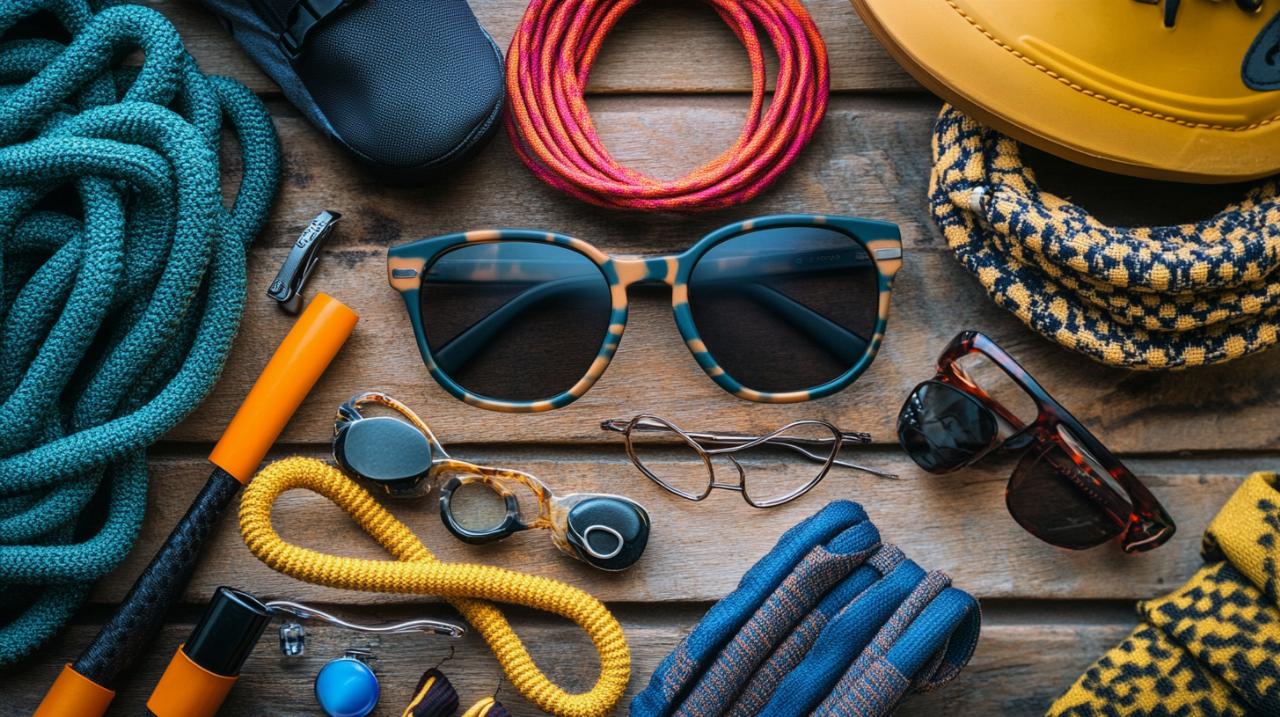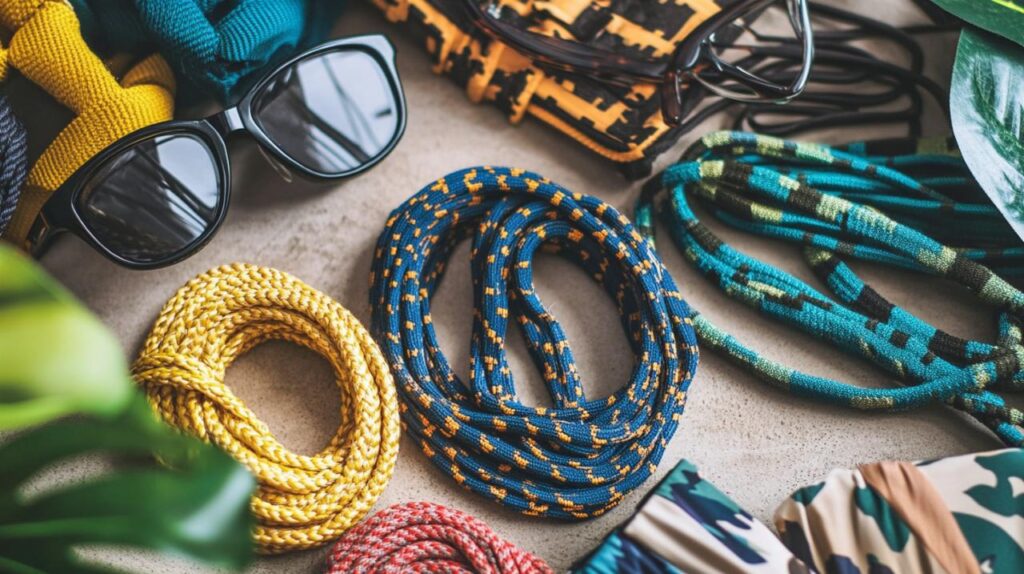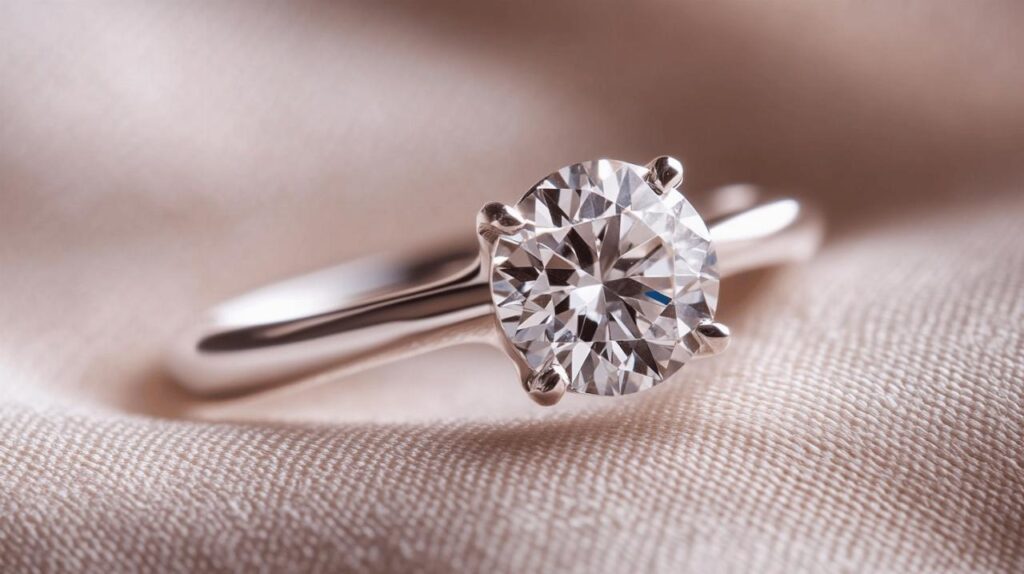As consumers become increasingly aware of their environmental footprint, the demand for sustainable accessories has grown remarkably. Eyeglass cords and related items are no exception, with many brands now offering eco-friendly alternatives that do not compromise on style or functionality. Navigating the market to find affordable yet environmentally responsible options can seem daunting, but with the right approach, it is entirely possible to secure quality products that align with both your values and your wallet.
Smart shopping strategies for sustainable spectacle accessories
When searching for eco-friendly eyeglass cords and accessories, it is essential to adopt a strategic approach to shopping. One of the most effective ways to ensure you are getting the best deals for your budget is by comparing prices across a variety of retailers. Independent shops often stock unique items crafted from recycled or natural materials, and they may offer competitive pricing that rivals larger chains. However, high street retailers frequently have the advantage of volume discounts and promotional campaigns that can make sustainable products more accessible. By taking the time to explore both types of outlets, you can identify which offers the best value without sacrificing your commitment to sustainability.
Comparing prices across independent and high street retailers
Independent retailers are increasingly embracing eco-conscious products, and they often source from smaller manufacturers who prioritise ethical production methods. These shops can provide personalised service and detailed information about the origins and materials of their products. On the other hand, high street chains may feature wider selections and benefit from economies of scale, allowing them to offer lower prices on certain items. For instance, some well-known eyewear retailers now stock glasses cords made from recycled materials, with prices that can be quite competitive. By visiting both types of stores and checking their online platforms, you can compare not only the cost but also the quality and sustainability credentials of the products on offer. This dual approach ensures that you make an informed decision that supports both your financial goals and environmental principles.
Seasonal Sales and End-of-Line Opportunities for Eco-Conscious Buyers
Timing your purchases to coincide with seasonal sales can yield significant savings on eco-friendly eyeglass accessories. Many retailers clear out older stock at the end of each season to make room for new collections, and this presents an excellent opportunity to acquire high-quality items at reduced prices. For example, a glasses cord crafted from rPET might be available at half its original price during a sale event. Such promotions are particularly valuable for those who wish to invest in durable, sustainable accessories without stretching their budget. Additionally, signing up for newsletters from your favourite retailers can alert you to exclusive offers and early access to sales. Some companies even provide discounts for students, key workers, or members of specific programmes, making it easier to access eco-friendly products at a fraction of the standard cost. By staying informed and planning your purchases around these opportunities, you can enjoy both financial savings and the satisfaction of supporting environmentally responsible practices.
Understanding Materials and Value in Environmentally Friendly Eyewear Accessories

The materials used in eyeglass cords and accessories play a crucial role in determining both their environmental impact and long-term value. Understanding the differences between natural and recycled materials can help you make choices that offer the best combination of durability, sustainability, and affordability. Natural materials such as cotton, bamboo, or hemp are biodegradable and often produced with minimal environmental harm. Meanwhile, recycled materials like rPET, which is derived from reclaimed plastic bottles, offer a second life to waste products and reduce the demand for virgin resources. Each material has its own set of advantages, and weighing these factors will enable you to select accessories that meet your needs while aligning with your eco-friendly goals.
Natural and Recycled Materials: What Offers the Best Long-Term Value
Natural fibres have been used for centuries in various applications, and their appeal lies in their renewable nature and minimal processing requirements. Cotton and bamboo cords, for example, are soft, comfortable, and completely biodegradable at the end of their life cycle. They are ideal for those who prioritise organic materials and wish to avoid synthetic alternatives. However, it is worth noting that some natural materials may require more frequent replacement than their synthetic counterparts, depending on the level of wear and tear. On the other hand, recycled materials such as rPET offer exceptional durability and resistance to the elements. A cord made from recycled plastic can withstand daily use and exposure to moisture without losing its structural integrity. This makes it a cost-effective choice in the long run, as it is less likely to need replacement. Furthermore, by choosing recycled materials, you contribute to the reduction of plastic waste, which is a pressing environmental issue. Ultimately, the best long-term value depends on your personal priorities, whether that is the comfort and sustainability of natural fibres or the resilience and eco-credentials of recycled synthetics.
Balancing Cost with Durability and Environmental Impact
Finding the right balance between cost, durability, and environmental impact is key to making a responsible purchase. While it may be tempting to opt for the cheapest option available, investing a little more in a high-quality, eco-friendly product can prove more economical over time. Durable accessories are less likely to break or wear out quickly, reducing the need for frequent replacements and the associated waste. For instance, a well-made glasses cord from recycled materials might cost slightly more upfront but can last for years with proper care. This longevity not only saves you money in the long term but also minimises your environmental footprint by reducing the number of items that end up in landfill. Additionally, many retailers now offer warranties or guarantees on their eco-friendly products, providing further assurance of their quality and durability. By considering these factors alongside the price, you can make a purchase that is both financially sensible and environmentally responsible. It is also worth noting that some retailers offer free delivery on orders over a certain amount, which can help offset the cost of buying sustainable accessories. Taking advantage of such offers, along with seasonal sales and discount programmes, can make eco-friendly eyewear accessories more accessible to a wider audience without compromising on quality or values.



